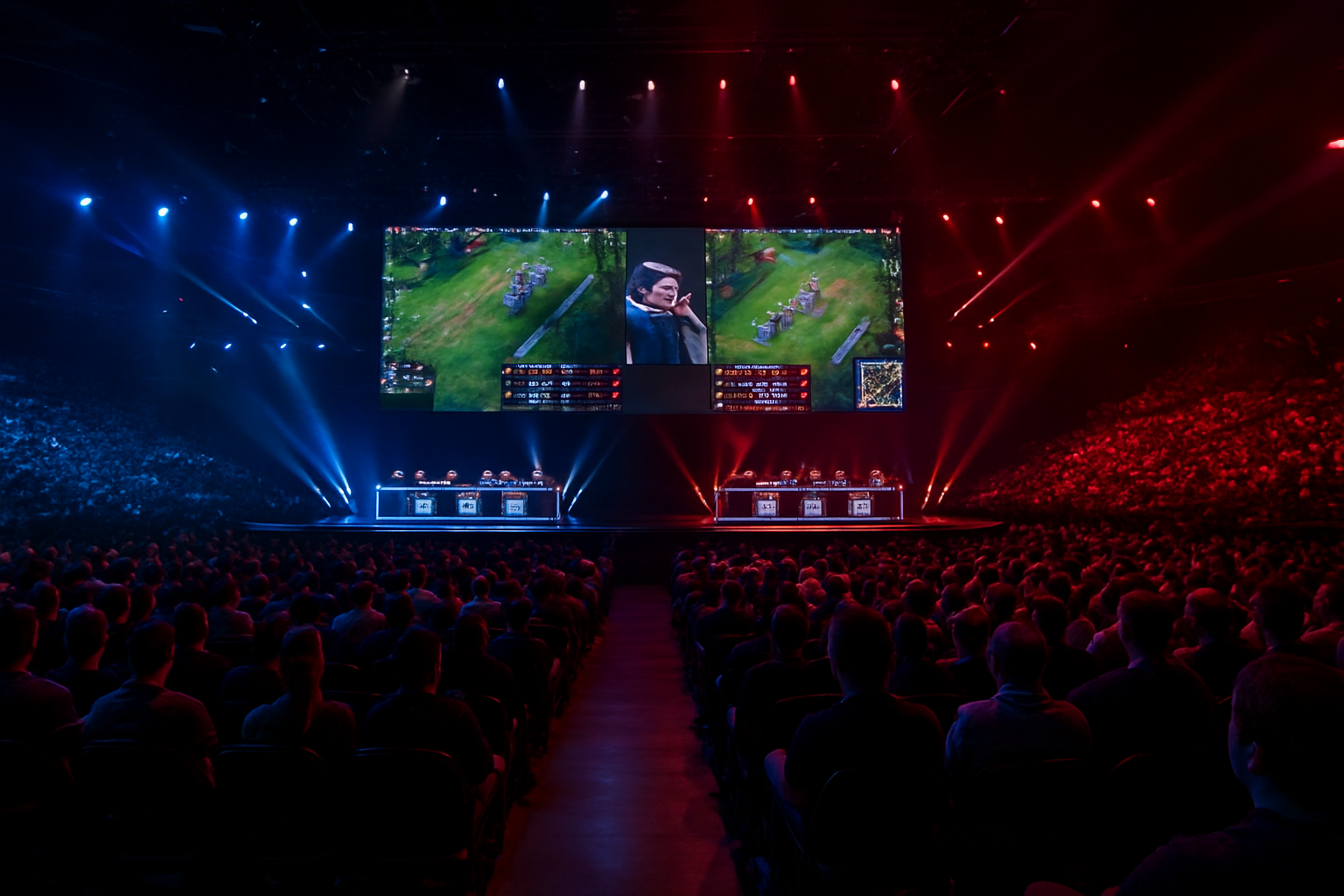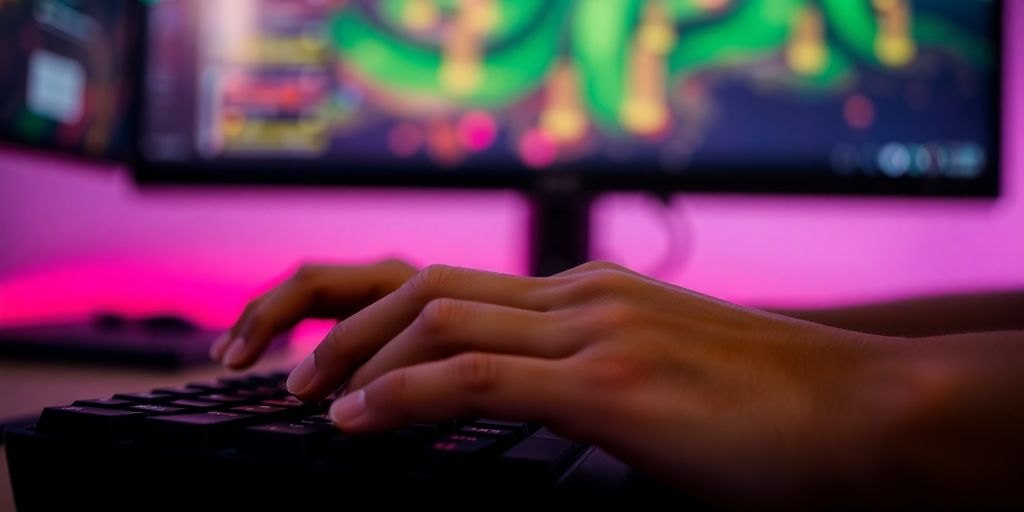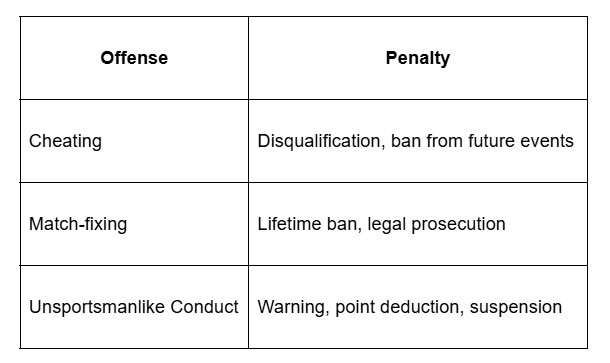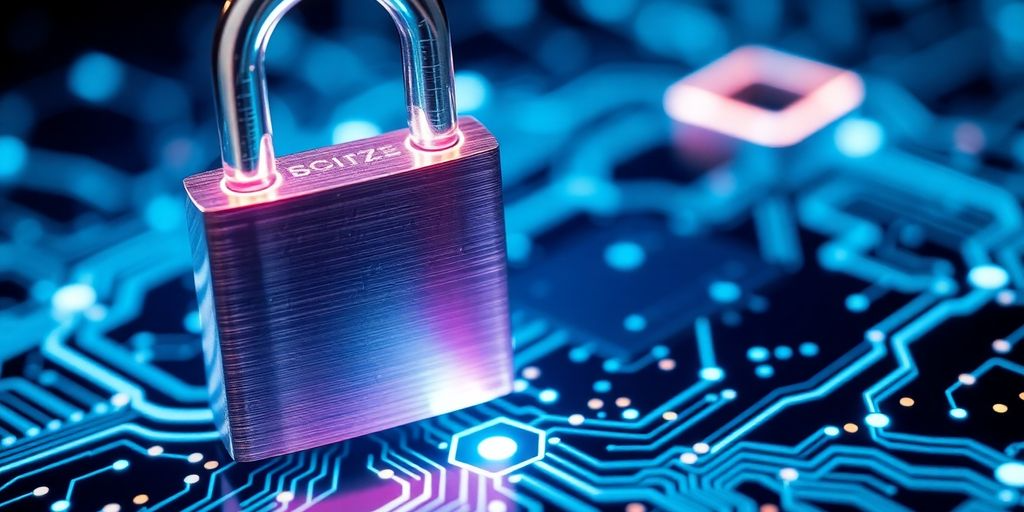Register as an organizer
Click the button below and finish your organizer registration, or fill out the form and we will be in touch to assist you.

So, you're looking to run an esports event in 2025? Awesome! But before you jump into planning, you really need to get a handle on the IeSPA event license rules. These licenses are super important for making sure your event is official and follows all the right guidelines. It can seem a bit confusing at first, but don't worry, we're going to walk through everything you need to know to get your IeSPA event license sorted for next year. Let's make sure your event is a big success!
The IeSPA (International eSports and Streaming Protection Association) event license sets the groundwork for legally hosting and broadcasting live events, especially those involving digital or streamed content. This license defines the rights, obligations, and protections for organisers, covering aspects like content usage, broadcasting permissions, and anti-piracy measures. By understanding the fundamentals of the IeSPA license, organisers can ensure compliance, safeguard their events from legal risks, and build trust with both partners and audiences.
So, what exactly is an IeSPA event license? Basically, it's the official permission slip you need to host any kind of esports event that falls under the IeSPA's jurisdiction. Think of it like this: if you're running a local League of Legends tournament in your town, or a big Dota 2 competition with cash prizes, you'll probably need one of these. It ensures that the event meets certain standards of fairness, safety, and professionalism. Without it, you could face some serious consequences.
Okay, so you know you need a license. But what makes it valid? There are a few things to keep in mind:
Why bother with all this hassle? Well, there are several good reasons. First and foremost, it's about legitimacy. An IeSPA license shows that your event is recognized and approved by a reputable organization. This can attract more players, sponsors, and viewers. Second, it helps protect players and ensure fair play. IeSPA has rules in place to prevent cheating, exploitation, and other forms of misconduct. Finally, it's about avoiding legal trouble. Running an unlicensed event could result in fines, lawsuits, or even a ban from future IeSPA activities.
Getting an IeSPA license isn't just about following the rules; it's about building trust and credibility within the esports community. It shows that you're committed to running a professional and ethical event, which benefits everyone involved.

The 2025 IeSPA application process requires organisers to submit updated documentation, meet compliance standards, and follow new timelines. Understanding these steps early helps ensure a smooth approval and prevents unnecessary delays.
Okay, so you want to run an esports event. Great! But first, you gotta jump through some hoops with IeSPA. The application process might seem scary, but it's really just a bunch of steps. First, head over to the IeSPA website and create an account. Make sure you use a real email address because they'll send you a confirmation link. After that, you'll need to fill out the online application form. This is where you'll provide all the details about your event, like the game you're featuring, the venue, dates, and expected attendance. Double-check everything before you submit! Once you've submitted the form, you'll probably have to wait a bit for them to review it. They might ask for more info, so keep an eye on your email. If all goes well, they'll approve your application, and you can move on to paying the license fee.
IeSPA wants to make sure your event is legit, so they need some paperwork. You'll definitely need proof of insurance, covering things like liability and cancellation. A detailed event plan is a must, outlining everything from security to emergency procedures. You'll also need to provide a budget, showing how you plan to finance the event and handle prize money. Depending on the game, you might need permission from the game publisher. And don't forget a copy of the venue agreement! Here's a quick list:
Applying for an IeSPA license isn't always smooth sailing. One big mistake is not reading the instructions carefully. People often skip over important details and then wonder why their application gets rejected. Another common issue is providing incomplete or inaccurate information. Make sure everything you submit is correct and up-to-date. Forgetting to include required documents is another easy way to get delayed. And finally, don't wait until the last minute to apply! Give yourself plenty of time to gather all the necessary information and complete the application process. IeSPA needs to communicate further with KEMENPORA, KOI, and KONI regarding its position within the sports organizations it oversees, especially concerning eSports competitions.
It's easy to get overwhelmed by the application process, but breaking it down into smaller steps can make it much more manageable. Don't be afraid to ask for help if you're unsure about something. IeSPA usually has resources available to assist applicants.
IeSPA events operate under strict compliance and regulatory frameworks designed to protect both organisers and rights holders. These rules cover licensing, content distribution, and anti-piracy measures, ensuring events meet international standards. Staying aligned with these frameworks is essential for organisers who want to avoid penalties and maintain professional credibility.
Running an IeSPA-sanctioned event means you've got to play by their rules. IeSPA standards cover everything from player conduct to technical specifications. It's not just about avoiding penalties; it's about creating a fair and professional environment for everyone involved. Think of it like this: IeSPA sets the stage, and you make sure the show goes on without a hitch. Following these standards is non-negotiable for maintaining your license and the integrity of the event.
Beyond IeSPA's rules, there's a whole world of legal stuff to consider. We're talking about things like:
Ignoring these legal obligations can lead to serious consequences, including fines, lawsuits, and even criminal charges. It's always a good idea to consult with a lawyer who specializes in event management to make sure you're covered
Fair play is the heart of any esports event. This means:
Here's a simple table illustrating potential penalties for breaches of fair play:

It's up to the event organizer to create a system that promotes fair competition and protects the integrity of the games. This not only protects the players but also maintains the trust of the audience and sponsors.
When planning for an IeSPA event license, organisers need to think beyond the initial fee. Ongoing costs like renewals, compliance, and technical safeguards should also be part of the budget to keep the event financially sustainable.
Okay, so let's talk money. Getting an IeSPA license isn't free, obviously. The fees can vary a lot depending on a few things. Think about the size of your event – a small local tournament is way cheaper than a huge national championship. The specific game you're featuring also matters; some titles have higher licensing costs than others. And don't forget about potential add-ons or special permissions you might need. It's a good idea to get a detailed breakdown from IeSPA directly so you know exactly what you're paying for.
Alright, so you know about the license fee itself, but that's not the whole story. You need to budget for compliance too. This means things like:
Basically, don't just think about the license fee. Think about everything else you need to do to run a legit, IeSPA-compliant event. It adds up fast
Ignoring IeSPA rules isn't a smart move. The penalties can be pretty harsh. We're talking about fines, of course, but it could also mean losing your license, getting banned from hosting future events, or even facing legal action. It's really not worth the risk. Make sure you understand the rules and follow them closely. Think of it like this: paying for scholarships now is way better than paying fines later.
Esports titles often come with unique licensing requirements under IeSPA, since each game publisher sets its own rules for competitive and broadcast use. Organisers must align with both IeSPA standards and the publisher’s conditions, covering areas like prize pools, streaming rights, and sponsorship restrictions. Understanding these specifics helps ensure events remain compliant and fully authorised.
When you're planning a Dota 2 or League of Legends tournament, you've got to pay close attention to IeSPA's specific rules. These games often have larger player bases and bigger prize pools, which means the licensing can be a bit more involved. You'll need to provide detailed information about the tournament format, player eligibility, and how you plan to handle things like cheating or unsportsmanlike conduct. Make sure your application clearly outlines these aspects to avoid delays or rejections.
Mobile Legends and Free Fire are huge, especially on mobile platforms, and IeSPA has specific guidelines for these too. Here's what you need to keep in mind:
Different games have different requirements, and it's not a one-size-fits-all situation. For example:
It's always a good idea to check IeSPA's website or contact them directly to get the most up to date information for the specific game you're planning to feature. Regulations can change, and you don't want to get caught off guard

While technology improves how IeSPA licenses are issued and enforced, it also brings new challenges for organisers. Rapid changes in streaming platforms, evolving anti-piracy tools, and stricter data requirements can make compliance harder to manage. Organizers need to stay adaptable, as falling behind on these technical standards may risk delays, added costs, or even non-compliance with license terms.
AI is changing how we keep an eye on things. Instead of people manually checking everything, AI can automatically scan streams and data for violations. This makes compliance monitoring faster and more accurate. Think about it: AI can spot cheating, toxic behavior, and even underage gambling in real-time. This helps IeSPA maintain fair play and protect participants. AI algorithms can also analyze player data to detect anomalies that might indicate rule-breaking. This proactive approach helps address technical issues before they escalate into bigger problems.
Blockchain tech offers a secure and transparent way to verify licenses. Imagine a system where every IeSPA license is recorded on a blockchain. This makes it nearly impossible to fake or alter a license.
Here's why it's useful:
Blockchain could also streamline the process of transferring licenses or tracking their usage across different events. This would reduce fraud and improve the overall integrity of the IeSPA licensing system.
VR and AR are becoming more common in esports, and this brings new licensing challenges. How do you regulate events that take place in virtual spaces? What about the use of AR to enhance live events? These are questions IeSPA needs to answer. Virtual events might require different types of licenses than physical ones. For example, there might be rules about data privacy, virtual item ownership, and the safety of participants in VR environments. IeSPA will need to adapt its regulations to keep up with these new technologies. It's a brave new world, and the rules are still being written.
The future of IeSPA event licensing looks promising, with trends leaning toward faster approvals, smarter anti piracy tools, and more flexible agreements with publishers. These improvements are set to make licensing simpler and more supportive of event growth, giving organisers greater confidence to expand audiences and explore new formats. Embracing these changes early can help organisers turn compliance into a competitive advantage.
Okay, so looking ahead, what's going to change with IeSPA event licenses? Well, for starters, expect more focus on player welfare. There's been a lot of talk about burnout and mental health in esports, so IeSPA is likely to introduce stricter rules around scheduling and player workloads. Also, I wouldn't be surprised if they start requiring teams to have dedicated support staff, like sports psychologists or physical therapists. It's all about making esports a sustainable career, not just a flash in the pan. Another thing to watch is how they handle emerging technologies. VR and AR are becoming bigger, and IeSPA will need to figure out how those fit into the licensing framework.
Right now, getting an esports event licensed is a patchwork of different rules depending on where you are. It's a headache for organizers who want to run international tournaments. The big trend is moving towards a more unified, global system. Think of it like international broadcasting licensing for enterprises, a set of core standards that everyone agrees on, with some regional tweaks. This would make it way easier to plan events and ensure fair play across borders. It's a long road, but that's where things are headed.
Esports betting is huge, and it's only getting bigger. That means IeSPA has to take responsible gaming seriously. Expect to see more initiatives aimed at preventing underage gambling and addressing addiction. This could include things like:
It's not just about avoiding legal trouble; it's about protecting the integrity of esports and ensuring that it's a positive experience for everyone involved. The future of esports depends on it.
And, of course, there will be ongoing efforts to combat match-fixing and other forms of cheating. It's a constant arms race, but IeSPA needs to stay ahead of the curve to maintain trust in the competitive scene.
So, that's the deal with getting your IeSPA event license for 2025. It might seem like a lot to take in, but really, it's all about being ready. If you get your paperwork in order early and keep up with any changes, you'll be in good shape. Things can always shift, so staying informed is your best bet. Just remember, a little planning goes a long way to make sure your event runs smoothly and everyone has a good time.
An IeSPA event license is like a special permit from the Indonesian Esports Association. It's a must have for anyone wanting to host an esports event in Indonesia, making sure everything is fair, safe, and follows the rules. Think of it as an official stamp of approval.
You need this license to make sure your event is legal and recognized. It helps keep things organized, protects players, and makes sure the event is fair for everyone involved. Without it, your event might not be seen as official, and you could run into problems.
The application process for 2025 will likely involve filling out forms online, providing details about your event, and submitting certain papers. It's important to follow each step carefully to avoid delays.
You'll probably need to show documents like your event plan, safety measures, and details about the games you'll be playing. Having all your papers ready and organized will make the process much smoother.
Yes, different games might have slightly different rules because of how they are played or their specific communities. For example, a big game like Dota 2 might have different requirements than a mobile game like Mobile Legends.
The cost for a license can change based on the size and type of your event. It's a good idea to check the official IeSPA website for the most up-to-date fee schedule so you can plan your budget accordingly.
More blogs
Click the button below and finish your organizer registration, or fill out the form and we will be in touch to assist you.